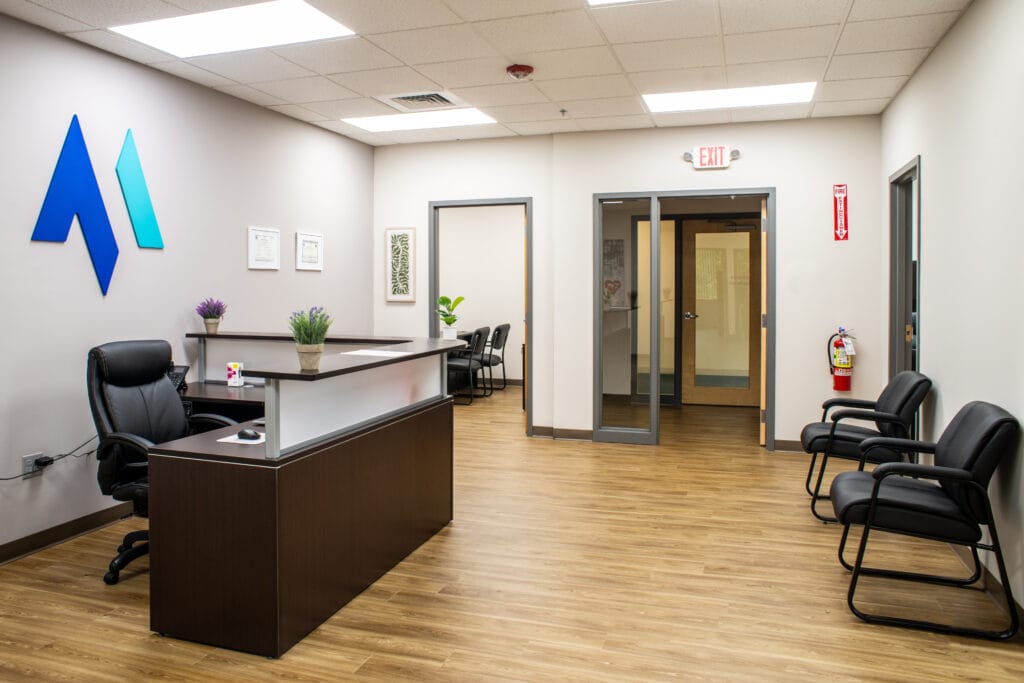In today’s digital age, access to explicit content is easier than ever. What once required effort or secrecy is now available instantly on smartphones, tablets, and computers. While many people engage with adult material without issue, for some, what begins as casual viewing can spiral into a compulsive behavior that feels impossible to control. This pattern is often referred to as porn addiction.
Understanding the signs of porn addiction is crucial. It can help individuals recognize when their consumption crosses the line from occasional entertainment into a problematic and potentially damaging habit. In this article, we’ll explore what porn addiction is and discuss eight key signs that may indicate it’s time to seek help.
Porn addiction is not formally recognized as a diagnosable disorder in many official mental health manuals, but it shares many similarities with other behavioral addictions. At its core, porn addiction involves compulsive, repetitive use of pornography despite negative consequences to a person’s emotional well-being, relationships, career, or daily life.
Those struggling with porn addiction often experience a loss of control over their viewing habits. They may find themselves spending excessive amounts of time watching pornography, using it to cope with stress, boredom, or emotional pain, and continuing to use it even when they wish to stop. Just like any addiction, it can lead to a cycle of shame, secrecy, and deep emotional distress.

One of the hallmark signs of addiction is an inability to control the behavior, even when there's a desire to cut back or stop. Someone addicted to porn might set rules for themselves ("I'll only watch once a week" or "only at night") only to break those promises repeatedly.
Over time, the sense of control diminishes, and they might feel as though porn is controlling them, not the other way around.
At first, porn consumption may be occasional. However, with addiction, the amount of time spent watching often increases steadily. A person may spend hours each day browsing or watching, sometimes losing track of time entirely.
This overuse can interfere with responsibilities like work, school, or family obligations, leading to missed deadlines, poor performance, and strained relationships.
Many people turn to various activities to cope with stress, sadness, loneliness, or boredom. For someone addicted to porn, it becomes a primary emotional crutch.
Instead of processing difficult emotions in a healthy way, they may seek immediate gratification through pornography, which can temporarily numb feelings but ultimately worsen emotional struggles over time.
Just as with substance addictions where individuals may need stronger doses to achieve the same high, a porn addict might seek out more extreme or graphic material to achieve the same level of satisfaction they once got from more "standard" content.
This escalation can be alarming, especially when it leads to content that conflicts with personal values or causes intense guilt afterward.
When porn use consumes significant amounts of time and energy, other aspects of life begin to suffer. This could mean ignoring relationships, letting hobbies and interests fade away, or allowing professional or academic performance to slip.
A person addicted to porn might find that they prioritize their viewing habits over real-life commitments, which can lead to isolation and deteriorating quality of life.
It’s normal to experience occasional guilt after engaging in behavior that feels questionable. However, for those with porn addiction, intense, persistent feelings of shame are common. They might feel trapped in a cycle: watch porn, feel guilty, promise to stop, then return to the habit anyway.
This shame can contribute to low self-esteem, depression, and further compulsive behavior, creating a self-perpetuating cycle that's hard to break.
One of the clearest signs of addiction is repeated unsuccessful attempts to reduce or eliminate the behavior. An individual might sincerely want to stop, setting goals and boundaries, but find themselves slipping back into old patterns within days or even hours.
Each failed attempt can reinforce feelings of hopelessness and make quitting feel even more unattainable.
Finally, porn addiction often takes a serious toll on intimate and family relationships. Partners may feel betrayed, hurt, or disconnected. Trust can be eroded if one partner hides their porn use or lies about it. Intimacy in relationships may decline, with the addicted individual preferring solitary pornography consumption over real-world connections.
In some cases, the addiction can also distort expectations of sex and relationships, leading to dissatisfaction and conflict with partners.

Porn addiction is a real and serious issue that can quietly dismantle a person’s emotional, social, and professional life. Recognizing the signs early can make all the difference in taking steps toward recovery.
If you or a loved one needs help with porn addiction, call us today at 844-909-2560, or email us at info@metaaddictiontreatment.com. You can also visit any one of our three locations, which are open 24/7:
Therapy, support groups, and open conversations can break the cycle of secrecy and shame. Like any addiction, healing is possible—and it often starts with acknowledging there’s a problem and seeking support.
Don't wait to get help. Start a journey towards recovery today.